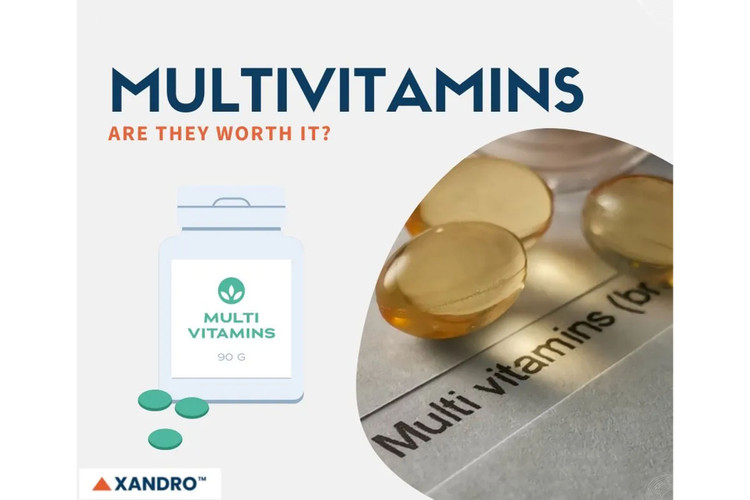Multivitamins: To Take or Not to Take? Benefits and Considerations
16th Oct 2023

Are Multivitamins Worth It?
It’s pointless to ask what are the best multivitamins, as what you need is likely different from what someone else needs, and this depends on a range of factors, like their dietary habits, lifestyle and overall health. While a balanced and varied diet is generally the best way to receive essential nutrients, there are benefits of taking multivitamins.
First of all, multivitamins should not be a replacement for a healthy, well-balanced diet. They should be taken as a way for individuals to increase a range of nutritional gaps in their diet to make sure their bodies are receiving a wide variety of nutrients and chemicals that are naturally found in food. If you’re in a period of being incredibly busy and don’t have time to cook or have been unwell and haven’t been eating much, then multivitamins are a great way to supplement the nutrients you have been missing.
If you have a nutrient deficiency, though, then a multivitamin probably isn’t worth it, as the capsule contains many other nutrients that you may not need and you might experience side effects if you’re getting too much of one. If this is you, it’s recommended to take the supplement for the specific nutrient you’re deficient in. For example, if you don’t eat meat, you might need to take supplements like vitamin B12, vitamin D, omega-3 fatty acids, iron, calcium, zinc and iodine. Pregnant women, older adults and people with certain medical conditions may also benefit from multivitamins to ensure they meet their nutritional needs. Multivitamins themselves don’t prevent diseases, increase mental health or prevent you from getting ill, and for healthy individuals who consume a well-rounded diet, multivitamins probably won’t work as you want them to.
